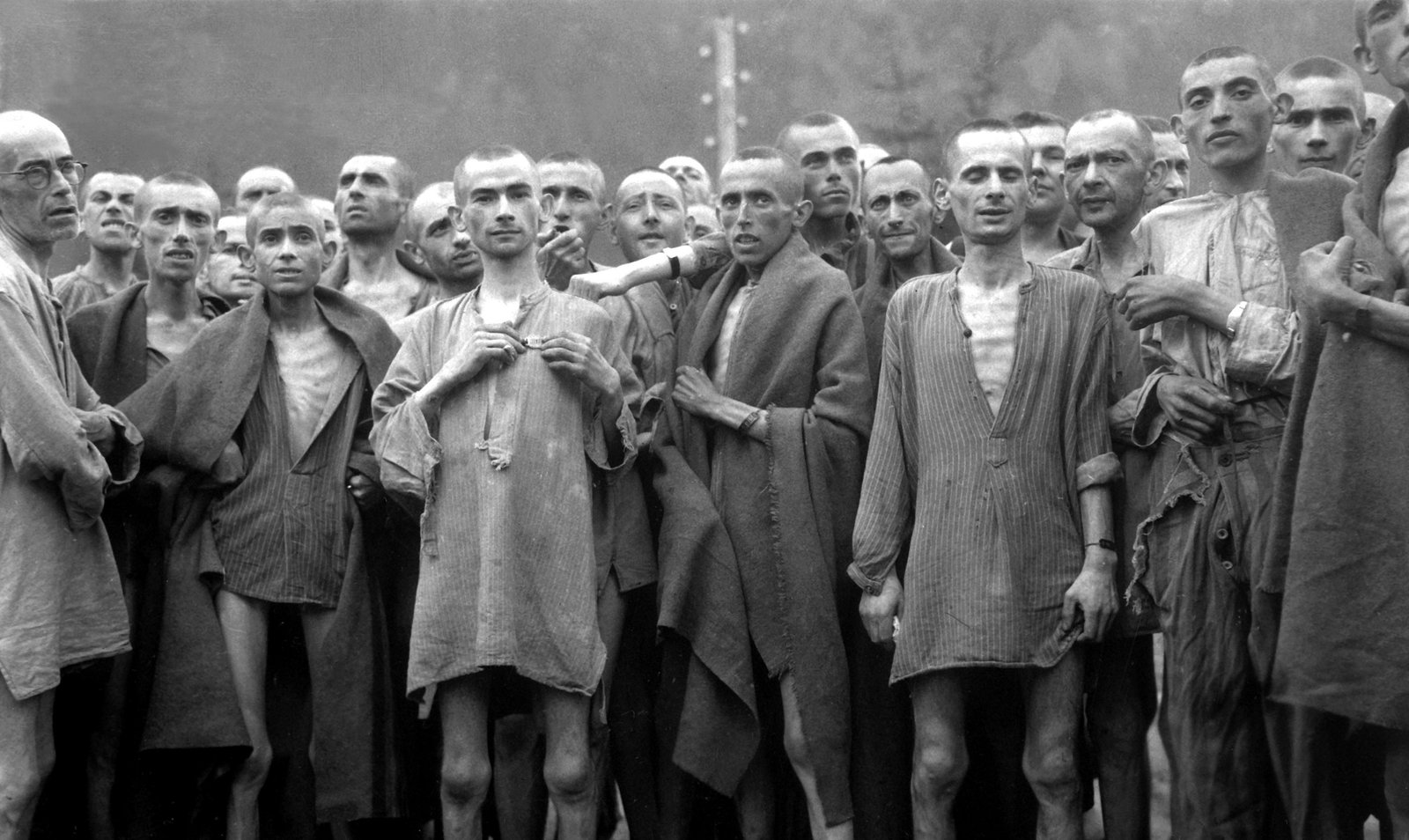Reading the Anne Frank diary sets a whole new wave of emotions in your system leaving the reader feeling wretched. The diary makes you ride the roller coaster and experience the mood of ups and downs as if you were a part. Touching the soul, the reader along with Anne sees a ray of hope that the family would sail through and survive, especially, after the Allies invasion in France, but, alas they were caught.
Vivacious yet sensitive, determined and strong yet timid would be apt to define a German-born Jew, Anne Frank, during the Nazi period who lived only for 15 years and was a victim of the Holocaust. She is highly esteemed for her expressive, candid, naive and honest ‘writings’ in a diary during the Second World War.
A diarist who transparently gives us awareness and an insight into the treatment given to the Jews, Annelies Marie Frank ̶ commonly known as Anne Frank, was born in Frankfurt, Germany (1929 – 1945) and was the second daughter to Otto and Edith Frank after Margot. With the Jews being persecuted and driven away from Germany, the family absconded and went into hiding with the Van Pels family (i.e. the Van Pels couple and their son, Peter), and later with Mr Fritz Pfeffer in Amsterdam, The Netherlands. The pseudonyms for them in her diary are Van Daan and Mr Dussel respectively. Known across the world as The Secret Annexe which was the office building of Otto Frank, they managed to survive for two years in hiding until they were caught by the Gestapo and were amongst the last lot shipped to the east ̶ initially to Auschwitz where the men and women were separated. Margot and Anne were then moved to Belsen in Germany where they met Mrs Van Pels once again. Mrs Frank stayed back and later died in Auschwitz.
From giving up their respective schools, friends, bicycles, theatres, activities like swimming, hockey, tennis, etc. to wearing a yellow star meant only for the Jews, eating rotten vegetables, living a vigilant life with limited food and sleeping with stomachs rattling, breathing the terror of bombardments and constant fear of being spotted by the Gestapo, a period also marked by demonetisation, inflation and a steep rise in the number of thieves and robbery and Mahatma Gandhi fasting for the umpteenth time, the diary mentions it all.
With increasing anti-Jewish decrees, the family emigrated to Holland in 1933 when Adolf Hitler, der Führer, was at power. Jews were allowed to only go to Jewish schools. Trams were forbidden and so was driving and sitting in one’s own garden after eight o’clock. The Jews were then ordered to pack their bags and move towards the east to work. They were then brought to the death camps where approximately 6 million Jews were killed.
Anne wanted to become a journalist or a writer and her dream to live even after death has come true. She died of typhus in 1945. Otto Frank was the only survivor of all the 8 people. The Anne Frank House is preserved as a museum even today and is a symbol of the persecution of the Jews.
Anne’s diary was initially published under the name “Het Achterhuis” and then “The Diary of a Young Girl.” There have been several plays and movies, and a few memorable quotes to be cited from the book are:
“All children must look after their own upbringing. Parents can only give good advice or put them on the right paths, but the final forming of a person’s character lies in their own hands.”
“A quiet conscience makes one strong.”
“If you are weak and you know it, why not fight against it, why not try to train your character?”
“Laziness may appear attractive, but work gives satisfaction.”
“For not everyone has the gift of believing in heavenly things.”
And that is me reading the Anne Frank diary 😊






